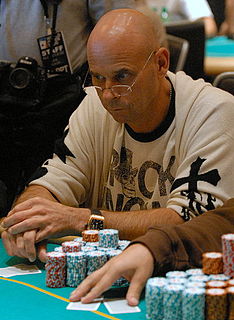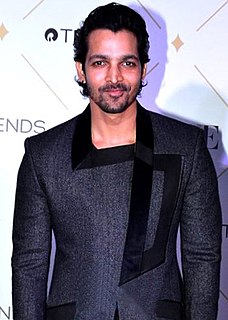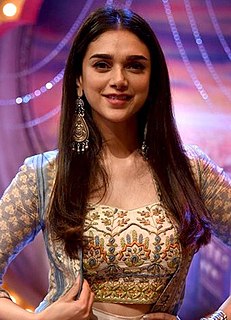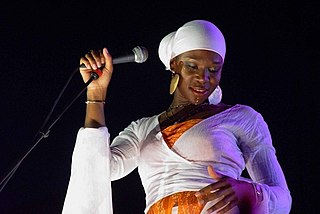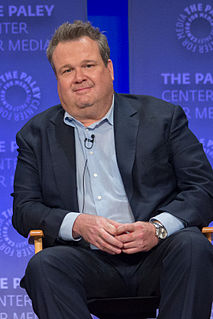A Quote by Nick Foles
I have fun, but I don't always want it to be on camera.
Related Quotes
A lot of people have experimented with hidden cameras and magic before. What I do, which I think is different from any other style of prank or hidden camera, is that it's all fun. It's back to that kind of fun that 'Candid Camera' was. It's not mean-spirited at all. It's a joyful kind of play with people.
Making photos is helpful of course to master the craft. To get comfortable with the camera. Learn what a camera can do and how to use the camera successfully. Doing exercises for example if you try to find out things that the camera can do that the eye cannot do. So that you have a tool that will do what you need to be done. But then once you have mastered the craft the most important thing is to determine why you want to shoot pictures and what you want to shoot pictures of. That's where the thematic issue comes to life.

